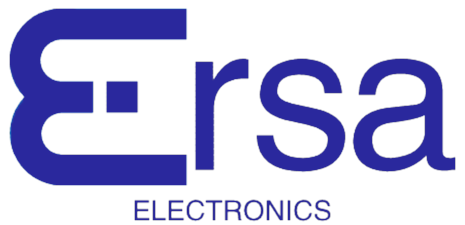
Texas Instruments
CD74ACT05M
Gates and Inverters




.png?x-oss-process=image/format,webp/resize,p_30)


CD74ACT05M Description
CD74ACT05M Description
The CD74ACT05M from Texas Instruments is a hex inverter IC featuring open-drain outputs, designed for high-performance logic applications. Part of the 74ACT series, it operates within a 4.5V to 5.5V supply range, making it ideal for 5V TTL-compatible systems. With a maximum propagation delay of 10.8ns at 5V and 50pF load, it ensures fast signal processing, while its low quiescent current (4µA max) enhances power efficiency. The device is housed in a 14-pin SOIC package, suitable for surface-mount applications, and complies with RoHS3 and REACH regulations, ensuring environmental and safety standards.
CD74ACT05M Features
- Open-Drain Outputs: Allow flexible interfacing with higher-voltage systems or wired-OR configurations.
- High-Speed Operation: 10.8ns propagation delay at 5V ensures rapid signal inversion.
- Wide Voltage Range: Supports 4.5V to 5.5V, compatible with TTL levels (2V high, 0.8V low input thresholds).
- Low Power Consumption: 4µA max quiescent current minimizes standby power loss.
- Robust Packaging: 14-SOIC surface-mount design with MSL1 (Unlimited) moisture sensitivity, suitable for automated assembly.
- Reliable Compliance: RoHS3, REACH Unaffected, and EAR99 certifications ensure global usability.
CD74ACT05M Applications
- Logic Level Shifting: Open-drain outputs enable interfacing between 5V logic and higher-voltage systems.
- Bus Buffering: Ideal for I²C, SMBus, or other open-drain communication protocols.
- Signal Inversion: Used in clock distribution, pulse shaping, and waveform generation.
- Industrial Control Systems: Suitable for PLC interfaces, motor drivers, and sensor signal conditioning due to noise immunity.
- Automotive Electronics: Compliant with 5V automotive logic requirements for infotainment or control modules.
Conclusion of CD74ACT05M
The CD74ACT05M stands out for its high-speed performance, low power consumption, and open-drain flexibility, making it a versatile choice for 5V logic systems. Its robust packaging and compliance ensure reliability in industrial, automotive, and communication applications. Engineers benefit from its ease of integration and TTL compatibility, positioning it as a superior alternative to standard inverters in demanding environments.
Tech Specifications
CD74ACT05M Documents
Download datasheets and manufacturer documentation for CD74ACT05M
 Mult Dev Status Chg 25/Apr/2023
Mult Dev Status Chg 25/Apr/2023  CD54,74ACT05
CD54,74ACT05  CD54,74ACT05
CD54,74ACT05  Design 25/Feb/2022
Design 25/Feb/2022 Shopping Guide



















.png?x-oss-process=image/format,webp/resize,h_32)










